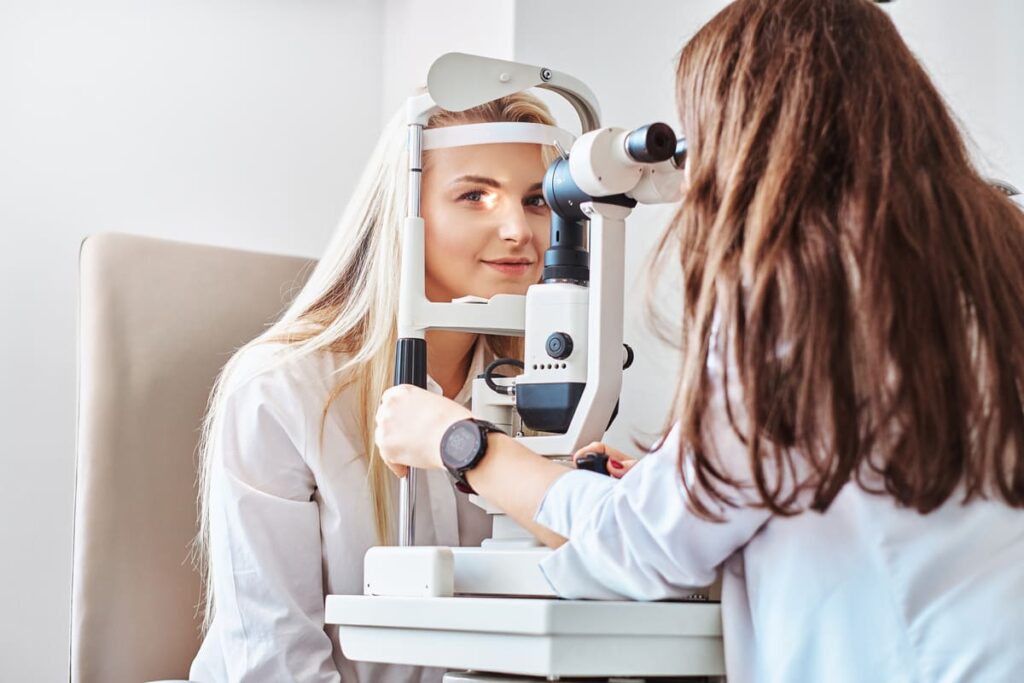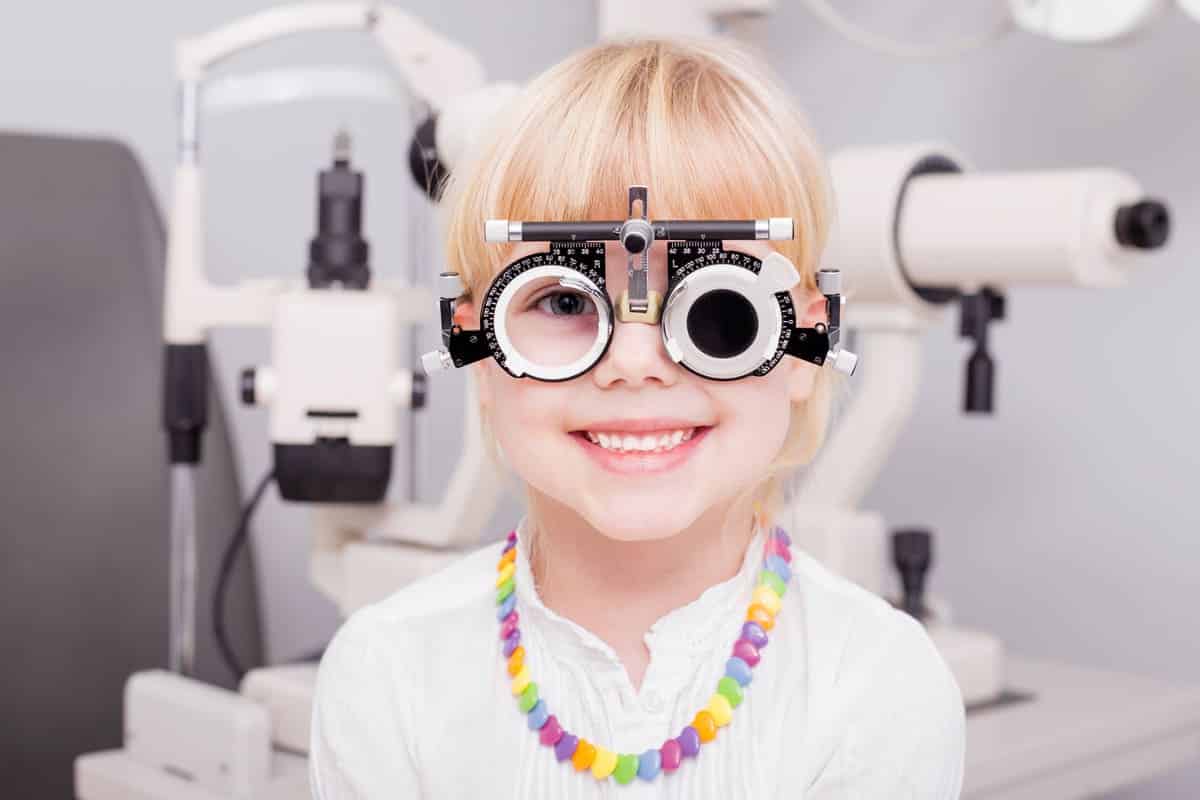Have you had your eyes checked this year? If not, is it because the schedule isn’t due or isn’t on your annual to-do list?
If you haven’t scheduled your annual eye check-up, now’s the time to do so since then you can determine whether or not you have an underlying eye condition.
Your eyes help to connect with the world. You’re able to see things and study effortlessly. Without proper eyesight, you’re bound to have vision problems that might lead you to rely on gadgets or loved ones to perform daily tasks.
To avoid this, schedule an annual check-up to detect eye issues as they arise. Continue reading to learn why you should schedule an annual eye exam.
In This Article
1. Keep Your Prescriptions Up To Date
Most people with eyesight issues depend on glasses and other eye support gadgets for perfect vision. If you’re one of them, you need an annual eye health service to ensure your gadget is up to date and functioning to its optimum. Since technology is changing and everything is evolving, you don’t want to use an outdated gadget when you can have one that works well and is aesthetically improved.
2. Early Myopia Detection
Myopia is an eye health issue that’s becoming more prevalent by the day. This eye problem is characterized by near-sightedness, meaning that people suffering from this issue can’t see things a few yards away. Unfortunately, this condition is becoming more common in youth and children due to spending prolonged hours on screen.
Most parents and guardians assume that their and their children’s eye health is intact after passing the school vision or driver’s eye test. Unfortunately, these tests are really not designed to detect all eye health issues since they only scan for severe ones.
To understand everything that’s going on in your eyes, you must go through a detailed annual eye check-up that can detect every eye issue, including myopia. When erected early, myopia is treatable but might lead to eyesight loss if left untreated.
3. Eye Health Doesn’t Remain The Same
Suppose you had your eye checked a few weeks ago, and your doctor determined your eyes are healthy. In that case, you go home happy, knowing you have nothing to worry about. However, the question is, now that your eyes are functioning as they should, does it mean that they can’t develop any issues and that you shouldn’t schedule an eye check for next year?
The answer is no! Your general well-being, including that of your eyes, changes with time. Today you might be well, but you may experience difficulty in reading small or large numbers tomorrow. For that reason, an annual eye check-up should be among your priorities to avoid late detection of eye problems. Remember, most health issues don’t show early signs, and regular check-ups might be the only way to detect them.

4. To Improve Education Experience
Good eyesight is vital when it comes to learning. While this doesn’t mean that those with impaired eye-sights experience difficulty reading, especially with the current technology, it means that those with good eyesight should take care of their eye health to improve their learning experience.
In most cases, a large learning percentage requires excellent eye vision, meaning most learners are more likely to experience challenges without proper eyesight. To ensure that you have perfect eyesight for seamless learning, you should undergo an annual eye check-up to determine if your eyes are working as they should or need treatment.
5. Glaucoma Detection
A glaucoma is a group of eye conditions that impair the optic nerve. Your optic nerve is responsible for sending visual information from the eyes to the brain; hence it’s vital for good vision. The optic nerve is mainly damaged by high pressure in the eyes but can also occur under normal eye pressure.
While glaucoma is more common in older adults in their 60s and above, this condition can also occur in children and youth. Glaucoma is currently the leading cause of blindness.
It’s vital to mention that glaucoma can go unnoticed for quite a while since it’s painless. According to the Centers for Disease Control and Prevention, 50% of people with glaucoma don’t know they have it.
That said, it’s vital to keep up with your annual eye check-up since only then can you know if you’re suffering from glaucoma. As said, this condition is the leading cause of blindness, but with early detection, it can be treated and prevented from progressing into eyesight loss.
Conclusion
Most eye problems progress without showing any symptoms. The victim might experience impaired eyesight or become blind over time. Fortunately, with annual eye check-ups, anyone can prevent this from happening. In such an event, eye issues are detected and treated early before progressing into severe problems that might be difficult to treat.
Remember, if you wear glasses or any other eyesight support, you should get your eyes checked as advised by your ophthalmologist since you might be at a higher risk of developing other eye issues than those who don’t depend on glasses.








![Home Renovation Guide [2025]](/app/uploads/2021/04/design-hacks-1-378x300.jpg)


